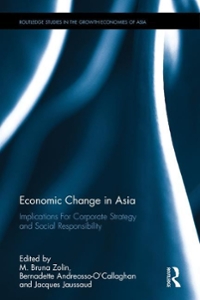Question
The city of Tawnee has a single gas station.There are currently no significant restrictions on what price this gas station can set for gasoline, as
The city of Tawnee has a single gas station.There are currently no significant restrictions on what price this gas station can set for gasoline, as there are no other gas stations within a 100 km radius.(And people living in town aren't willing to drive that far away to get gas.)
Suppose that the Ms. Knope, the mayor of Tawnee, is thinking of imposing a new annual license fee on the gas station, which she plans to use to help fill holes in the city's parks.The proposed new license fee would be an annual lump sum fee of 10000per year.This fee is a fixed fee that is unrelated to quantity of gasoline sold.(You can assume that the gas station makes enough profits that the addition of this license fee won't put them out of business.)
The owner of the gas station is not happy about this proposal! In a public advertisement against the proposal he claims that, "this license fee will force us to raise prices!The entire cost of this license will get passed along to customers, hurting the wallets of everyday hard-working Tawneeans!"
Suppose there are no changes to demand for gas, and no other changes to costs other than the license fee.
Is what the gas-station owner saying true? I.e., if he is acting optimally, will he decide to raise prices?Briefly explain why or why not.
Step by Step Solution
There are 3 Steps involved in it
Step: 1

Get Instant Access to Expert-Tailored Solutions
See step-by-step solutions with expert insights and AI powered tools for academic success
Step: 2

Step: 3

Ace Your Homework with AI
Get the answers you need in no time with our AI-driven, step-by-step assistance
Get Started


